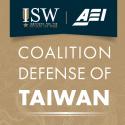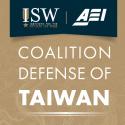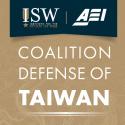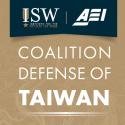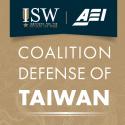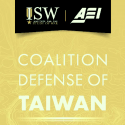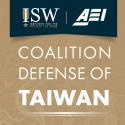China-Taiwan Weekly Update, October 4, 2024
Oct 4, 2024 - ISW Press
Chinese Coast Guard ships entered the restricted waters of Taiwan’s Kinmen islands twice on September 26. The PRC has normalized such incursions since February to erode Taiwan’s control of the waters and assert the PRC’s right to enforce its laws there.


